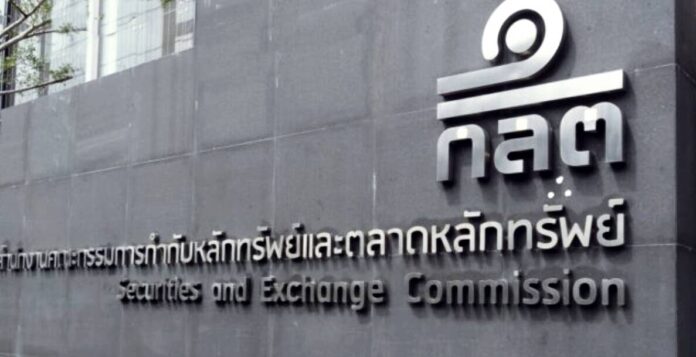Thailand’s economy, despite facing domestic political instability, global conflicts, and the pandemic, has shown resilience and growth potential. The stock market indicates a positive trend, particularly in the tourism sector, and investment incentives aim to promote long-term financial stability. The SEC is implementing measures to address issues like short selling and program trading, and focusing on digital and sustainable investments for a robust future.
Economic and Stock Market Resilience
Thailand’s economy has weathered significant challenges, such as political instability, global conflicts, and the pandemic, yet shows strong resilience and potential for growth. The stock market and investment incentives are fostering long-term financial stability. Despite a -6.1% GDP contraction in 2020 due to a pandemic-induced downturn in tourism, recovery efforts since late 2023 have improved economic conditions. Projections indicate robust future growth, driven by rebounds in exports and tourism, and government budget expenditures.
Promoting Savings and Investment Measures
To further stimulate investments, particular attention is given to younger generations and lower-income individuals through tax-advantaged investment incentives. Innovative measures in digital asset infrastructure and carbon credit trading reflect a strategic pivot towards a sustainable economy. Swift regulatory actions address issues like short selling, bolstering market confidence. With strong governmental support, Thailand is transforming economic challenges into opportunities for a resilient and dynamic future, promising sustainable growth for investors and the broader economy.
In recent years, Thailand’s capital market has undergone significant transformation, transitioning from a challenging environment to one filled with opportunities. The country’s capital market has historically been hindered by factors such as limited market liquidity, a narrow investor base, and a lack of product diversity. However, recent reforms and initiatives have begun to reshape the market, creating a more favorable landscape for both domestic and foreign investors.
One of the key drivers of change has been the Thai government’s efforts to promote the development of the capital market as a means of supporting economic growth and competitiveness. This has involved the implementation of various policies and regulations aimed at enhancing market infrastructure, increasing transparency, and expanding access to financing.
Another important factor has been the growth of the Thai stock exchange, which has seen an increase in both the number of listed companies and the value of traded shares. This has helped to improve market liquidity and attract a broader range of investors, including institutional investors and foreign capital.
In addition, the capital market has benefited from the increasing use of technology, such as electronic trading platforms, which have helped to make the market more efficient and accessible. The development of new financial products, such as exchange-traded funds (ETFs) and real estate investment trusts (REITs), has also contributed to the expansion of the market and provided investors with more diverse investment options.
Despite these positive developments, the capital market in Thailand still faces challenges, such as the need to further improve corporate governance practices, enhance investor protection, and promote financial literacy. However, with continued efforts to address these issues, the market is well positioned to continue its transformation and provide investors with a range of opportunities in the years ahead.
Source : Transforming Thailand’s Capital Market: From Challenges to Opportunities


